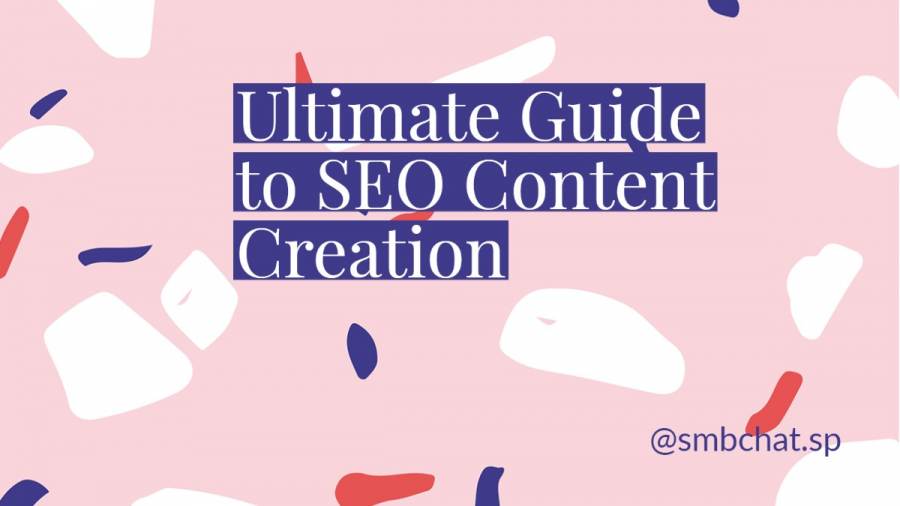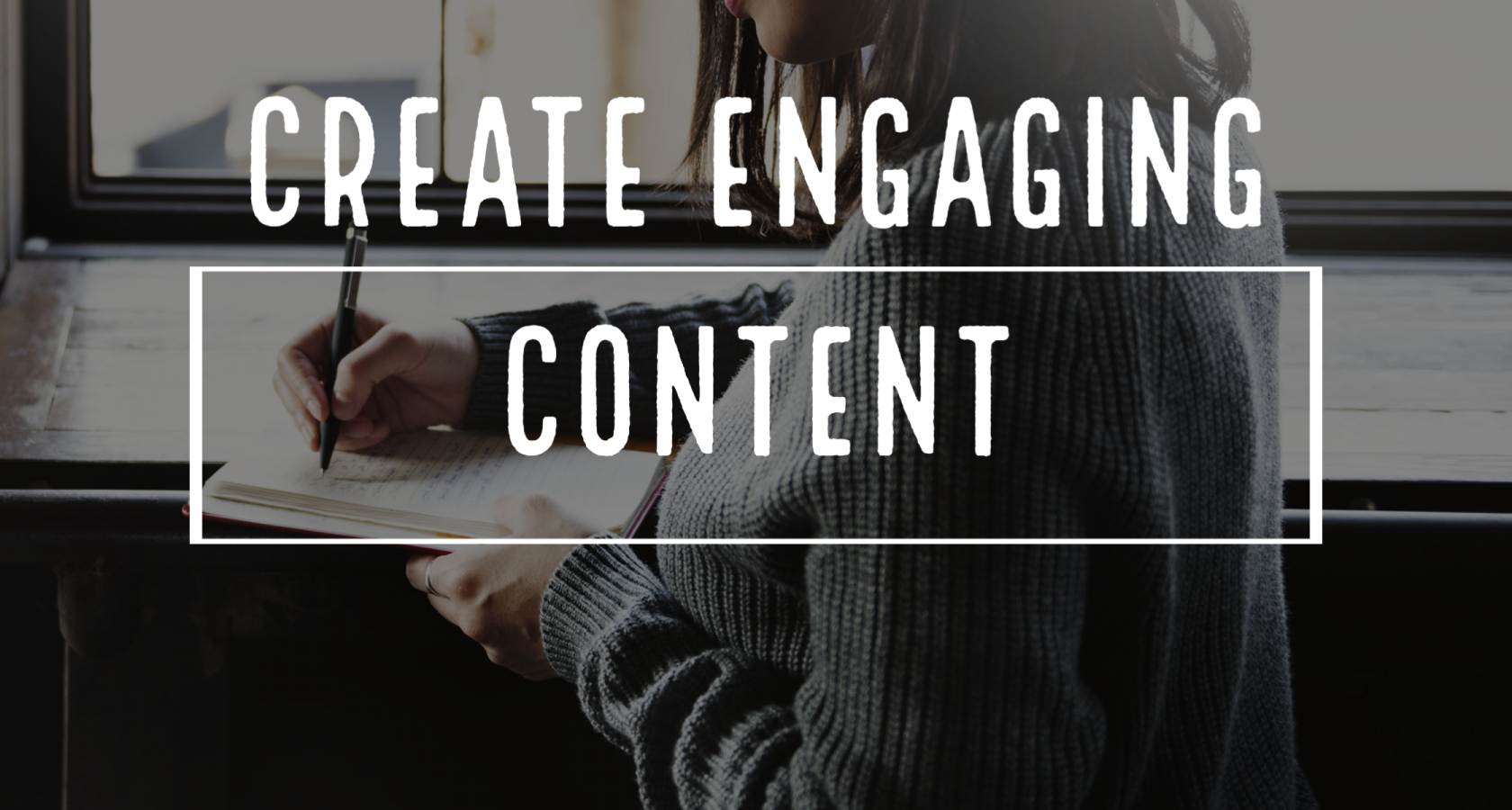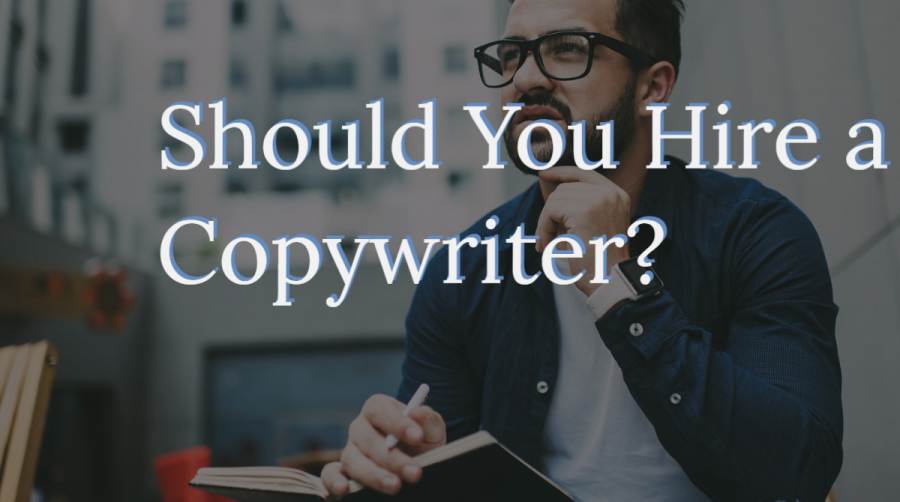How to Write the Best Grant proposal that Gets You the Money
The best part about obtaining money from a grant is you don’t have to pay it back.
It is essentially free money.
But grant opportunities are highly competitive because hundreds or thousands of applicants vie for the limited grant funding. You need to write the best grant proposal that stands out to maximize your chances of securing the grant.
This guide will show you how by discussing what to do and things to consider before, during, and after creating the grant proposal.
Understanding Grant Proposals
The first step to writing the best grant proposal is to understand it.
This section discusses what it is, what it comprises, and why we write it. It will help you create a comprehensive and persuasive narrative that stands out from other applications and meets the expectations of the grant provider.
What is A Grant Proposal?
A grant proposal is a request that individuals and organizations needing financial support submit to grant providers.
It provides detailed information about the project, initiative, or program that needs funding, including its timeline, objective, budget, methods, and expected outcomes.
A grant proposal is typically a written document, but some grant-making organizations and individuals can accept a proposal in the form of a video or other media formats.
Types of Grant Proposals
Grant proposals are categorized based on their purpose, focus, and the grant-making organization’s specific requirements. The common types of grant proposals include the following:
- Project grant proposals: These proposals request funding for a specific initiative or project. They aim to secure funding to achieve a certain outcome within a set timeframe.
- Operating grant proposals: Operating grant proposals support ongoing operational expenses for an organization, like staff salaries.
- Capacity-building grant proposals: These proposals are written by organizations that need support to enhance their capabilities or develop new skills. They fund technology upgrades, professional development, etc.
- Capital grant proposals: Capital grant proposals aim to secure funding for capital expenditures like construction, renovation, and infrastructure development.
- Seed grant proposals: These proposals aim to secure a smaller grant than other proposals. The grant provides resources to support the initial stages of a program or project and lay the foundation for larger funding sources.
This is not a comprehensive list, but it highlights the most common. Some types of grant proposals overlap due to varying categorizations and meanings.
Why Do We Write Grant Proposals?
The primary purpose of grant proposals is to convince grant providers to fund you. Just because you meet the eligibility criteria doesn’t mean you’ll obtain the grant.
You must convince the provider of the value of your project, program, or initiative and that you are among the most deserving applicants.
Other than requesting funding, other reasons for writing proposals include the following:
- To propose and establish partnerships with other organizations or individuals.
- To present a business plan to potential investors, lenders, or partners.
- To seek approval for specific actions or decisions. For example, an employee writes a proposal to management proposing policy changes.
- To suggest new projects within an organization or community.
Only a well-written and compelling grant proposal can meet its objectives.
Writing a Grant Proposal
You should approach the proposal writing process strategically and systematically to increase your chances of securing the funding.
There are things you must know and do before, during, and after writing it.
Before Writing A Grant Proposal
Before you start grant writing, you should know you don’t have to do it yourself.
You can outsource grant writing to professional grant writers. It is cheaper, faster, provides access to expertise, and prevents you from diverting attention from other critical activities in your organization.
It also increases your chances of success.
But if you prefer to do it yourself, you should do the following before you start. It will prepare and set a strong foundation for the perfect proposal.
1. Review The Grant Guidelines
Review the guidelines of the grant you are interested in, including funding priorities and eligibility criteria. Check whether you meet all the requirements.
Your application will be automatically denied if you apply for a grant you don’t qualify for. You can contact the grant provider to confirm if you're unsure whether you're eligible.
2. Research The Grant Funder
To convince the organization to fund you, you should know as much as possible about them. You can research their missions, values, and types of projects, programs, or initiatives they have funded to know how to appeal to them.
3. Understand Your Project, Initiative, Or Program
Your proposal must have all the project, initiative, or program details and supporting documents.
You need to understand it thoroughly to provide all the relevant details. The more details and information you provide, the stronger your case. It is common for grant-making bodies to deny grant proposals due to a lack of credibility or clarity.
4. Submit A Letter Of Inquiry (LOI)
Before investing time and effort into the full grant writing process, write and submit a LOI. It provides a brief overview of your organization and seeks permission to submit a grant proposal. You can also use it to gauge their interest, confirm eligibility, and receive feedback to determine if the grant is worth pursuing.
It is optional, but it can help you save the time and resources you would waste creating a proposal for funders uninterested in your project.
When Writing A Grant Proposal
After completing the preliminary steps, you can start grant writing. As you write, ensure your proposal has all the critical elements, and they are organized well for it to be persuasive and comprehensive.
Elements Of A Grant Proposal
You must organize your proposal well to make it easy to read. Each funding agency has its requirements, so the format varies.
If the grant’s guidelines or call for proposals specify the exact section headings, you should adhere to them.
But if they don’t, ensure your proposal has the following elements and its structure follows their order:
- Executive summary/Abstract: Provide a brief overview of the proposal, outlining the most important points so the grant-maker understands what it contains.
- Institutional background: Introduce the organization by giving its history, mission, location, milestones, etc. Focus on areas that illustrate your organization’s capabilities related to the project.
- Problem statement/Needs assessment: Describe the problem to illustrate the need for your project. Support the problem statement with quantitative and qualitative data. It can also highlight why your organization is the best solution for the problem.
- Program goals and objectives: Highlight the goals and outcomes you want to accomplish and their timeline. The goals should be specific and measurable.
- Methods/implementation plan: Describe the activities you will take to achieve the set objectives. Provide details like who will handle them and how they will handle them. You can also include a timeline.
- Evaluation plan: Explain how you will track the project's progress and measure the achievement of your goals. It answers, “What will indicate that the project has been successful?”
- Future funding/sustainability: Describe how expenses not supported by the grant will be covered and how the project will be sustained after the grant ends.
- Budget: Describe the amount needed, the methods used to calculate it, and how it will be spent.
You must provide all the supporting materials, usually as appendices at the end of the proposal. They include tax information, financial statements, letters of support from other organizations or groups partnering with you, additional records, endorsements, etc.
Though rarely, some grant funders can require you to write a cover letter. A cover letter introduces you and describes the project.
As you write the proposal, break up the text using headings to make it easier to read. You can include a table of contents with page numbers at the top if it is too long.
After Grant Writing
After writing your grant proposal and preparing all the supporting materials and documents, review it thoroughly. Ensure it has no inconsistencies, gaps, or errors. You can seek feedback from grant writing specialists and non-specialists to identify areas that need improvement.
As you review your proposal, make sure you have:
- Presented a compelling case
- Make your hypotheses explicit
- Pitched a feasible project
- Included all the critical sections
- Organized the proposal well
Submit your proposal when you're satisfied with the review. Adhere to the submission instructions the grant funder provides.
After submitting, check the grant-maker's review process and timeline to know when to expect feedback.
Be ready to provide additional information or clarification if the grant-maker needs it.
What Do You Do if Your Grant Proposal Is Rejected?
Even grants written by the most seasoned grant writers can end with rejection.
So, if yours is rejected, don’t fret. The no might mean “not now”. Contact the grant-maker and ask if you can submit another proposal with the appropriate changes.
Increase Your Chances Of Securing Funding with Zoey Writers
You cannot control every factor that influences the grant-makers decision to fund or not fund your project, initiative, or program.
But you can increase the chances of securing the funding with a strong grant proposal.
The strategic and systematic approach we’ve discussed maximizes the chances of your proposal standing out and getting you the money.
Outsourcing grant writing can increase the chances of success.
Professional grant writers have the skills, knowledge, and experience to create a compelling and competitive proposal.
They can handle all the time and resource-intensive tasks as you focus on your core organization activities.
If you need professional writers to help you write a successful grant proposal, reach out to Zoey Writers.
We have a team of experienced grant writers that can work with you to craft compelling proposals that maximize your chances of securing the grant. We deeply understand the grant-making process and have expertise across various industries.
Whether you're a nonprofit organization, a small business, or an individual, we can craft a high-quality, customized grant proposal tailored to your needs.
Contact us today to discuss your grant writing needs.
More Essential guides for your nonprofit:
- Beyond Likes and Shares: 8 Benefits of Social Media Marketing for Nonprofits
- Inspire, Inform, and Impact: Email Marketing for Nonprofits (Tips + Best Practices)
- Nonprofit Content Creation and Marketing: How a Content Marketing Team Helps You Win More Support
Photo by JESHOOTS.COM on Unsplash. Thank you!

















